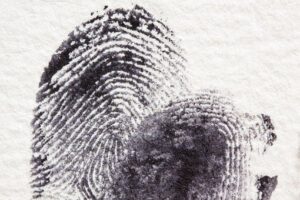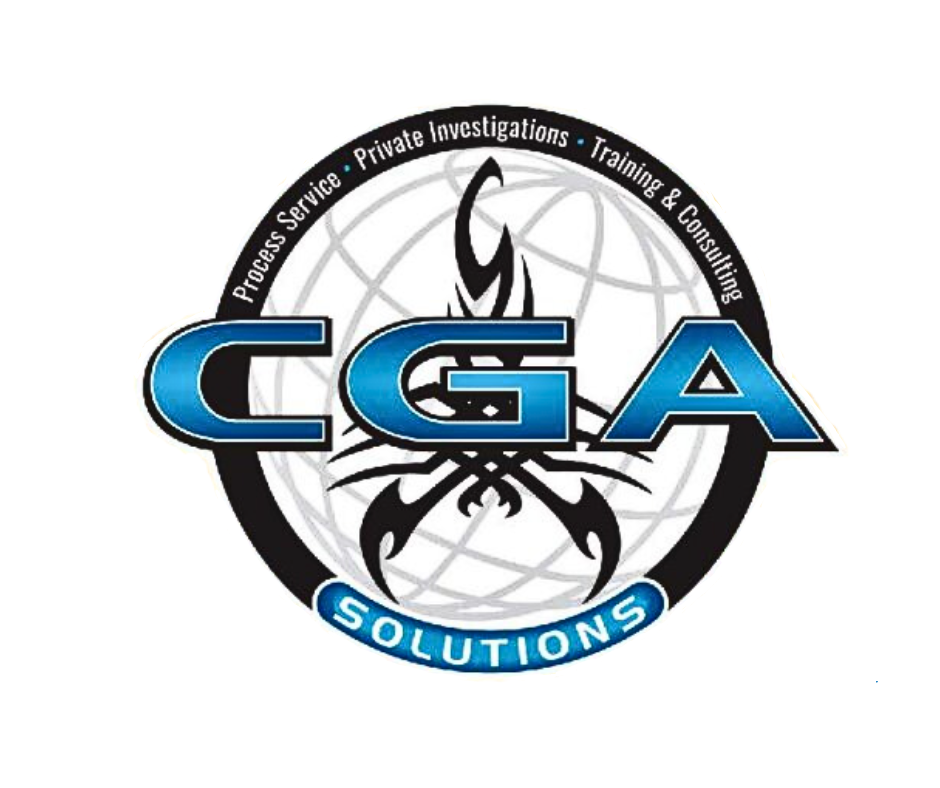Georgia Law Requires Those Involved in Long-Term Elder Care to Be Fingerprinted for Background Check
Georgia passed a law in 2018 that said the state was going to start requiring those working in long-term elder care facilities to undergo a fingerprinted background check. The state rolled out this new law in two phases. Phase one went into effect October 1st, 2019, which required only new owners, job applicants, and volunteers to get fingerprinted if they have direct access to residents. Phase two went into effect on January 1st of 2021 which stated that on top of all new employees, it is now required for all current ones as well.

What Exactly is This Georgia Background Check Law Entail?
A fingerprint records check is when the person required gets fingerprinted and those are sent over to the Georgia Bureau of Investigation (GBI) and the Federal Bureau of Investigation (FBI). The test results generally come back within 24-48 hours and are good for either a 12-month period or for the period an individual is employed at the elderly care facility. However, if an individual switches to a new facility, they will be required to get a new background check. The facility determines if the applicant or facility pays the cost, which will depend on the background check firm you choose.
Who is Required to Get a Background Check?
Any direct access employee. Direct access is defined by someone whose duties involve routine personal contact with a patient, resident, or client. This includes, but is not limited to face-to-face contact, hands-on physical assistance, verbal cuing, reminding, standing by or monitoring activities that require the employee to be routinely alone with the patient’s, resident’s or client’s property or have access to personal property or financial information.
There is a grace period of 30 days the person is allowed to work in contact before the background check results are in. This is a max of 30 days and requires the person to stay under direct supervision. If it exceeds 30 days, the person cannot have direct access to any patients, residents, or clients at the facility.
Those included are:
- Owners
- Administrators
- Directors
- Managers
- Volunteers
- Barbers
- Cosmetologist
- Dispensing Opticians
- Massage Therapist
- Music Therapists
- Recreational Therapists
- Certified Nursing Assistants (CNAs)
What type of facilities will follow this rule?
- Adult Day Centers
- Assisted Living Communities
- Home Health Agencies
- Hospice Care Facilities
- Intermediate Care Facilities
- Nursing homes
- Personal Care Homes
- Private Home Care
Violations
Penalties vary from monetary penalties to license revocations. Failure to comply with the new law subjects the facility to liability for civil monetary penalties of $500 for each day that a violation occurs (up to $10,000).
Why The Georgia Long-Term Care Background Check Program Law Was Passed
The Georgia Long-Term Care Background Check Program law due to the GBI investigating and finding that elder abuse and abuse of adults with disabilities has increased 145 percent over the past five years. Elder abuse is specifically a term for adults over the age of 60 that are abused, neglected, or financially exploited. Type os abuse include, but are not limited to, physical abuse, emotional abuse, neglect, abandonment, sexual abuse, and financial abuse. Women are more commonly victims of elder abuse than men. Common targets are those who have no family or friends nearby and people with disabilities, memory problems, or dementia.
abuse, and financial abuse. Women are more commonly victims of elder abuse than men. Common targets are those who have no family or friends nearby and people with disabilities, memory problems, or dementia.
According to the National Institute on Aging, as many as one in 10 Americans over the age of 60 are abused physically, emotionally, financially, or otherwise. By performing a background check on your loved one’s potential caregiver, you can help mitigate that risk.
How You Can Help Report Elder Abuse
The Administration for Community Living has a National Center on Elder Abuse where you can learn about how to report abuse, where to get help, and state laws that deal with abuse and neglect. Go to https://ncea.acl.gov for more information or call the Eldercare Locator weekdays at 800-677-1116.
If you believe someone is in immediate danger, call 911 right away. If you suspect employee misconduct in the workplace, which includes in nursing homes and elder care facilities, contact CGA Solutions to get a private investigation to look further into the claim.







